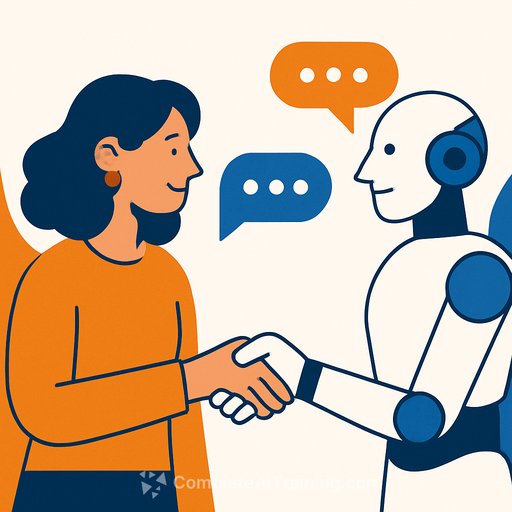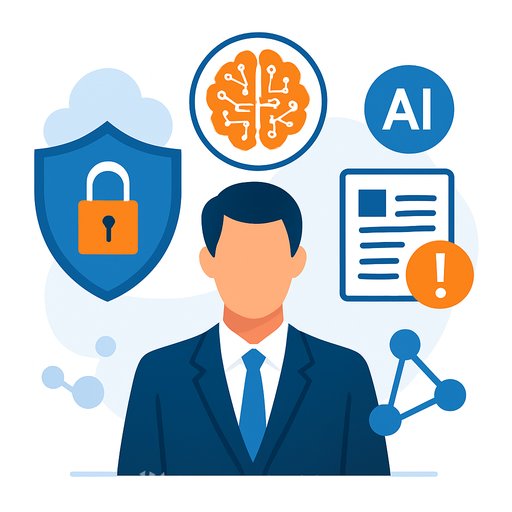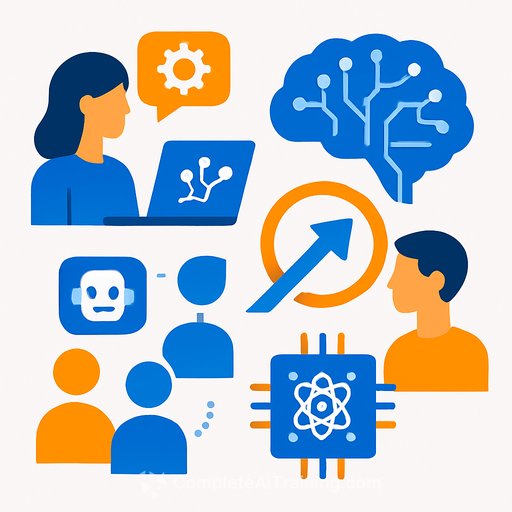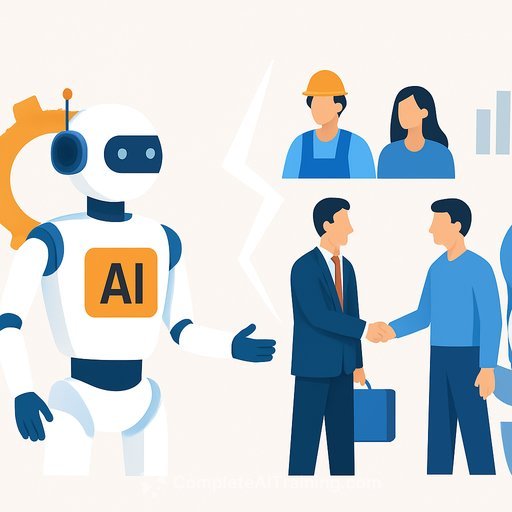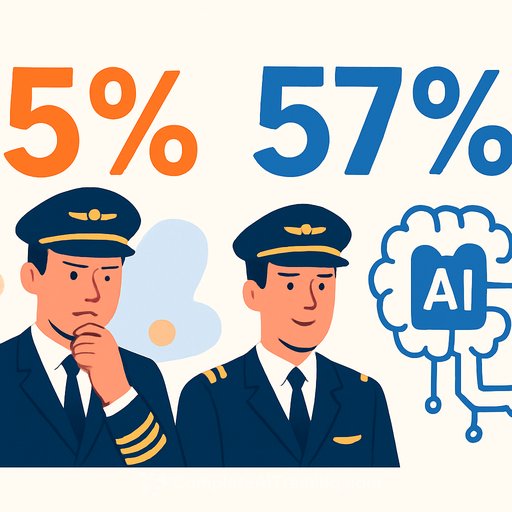Leadership In The Age Of AI: Strategic Communicators Must Stay Human
Technology has reshaped communication before, and AI is the latest wave causing both excitement and concern. Despite new tools, the fundamentals remain: know your audience, stay authentic, and build relationships based on trust and value.
From Early Internet Fears to AI’s Promise and Challenges
When the internet first arrived, skepticism was high. Executives worried about misinformation, legal teams feared chaos, and many dismissed it as a fad. But the internet evolved into an essential tool that created new roles and opportunities.
AI is following a similar path. Early AI projects—like those applying game theory to public health and security—always had humans at the center of decision-making. Yet, today’s push toward full automation in communications departments is causing worry. Many fear AI will replace human roles entirely.
This period is a hype cycle. AI seems to write faster and smarter, but its limits will soon surface. Mistakes will emerge, and the focus will shift to fixing those errors over the next decade.
Crisis Communication Requires More Than Code
Crisis management teaches a vital lesson: people don’t respond to facts alone. They react to emotion, nuance, and tone. The difference between calming panic and fueling it hinges on delivery, not just content.
In global communications, messages must adapt quickly to diverse audiences. Social media demands fast responses, investors need detailed context, and specialized press requires technical accuracy. Every word counts because it becomes part of the permanent record.
Can AI replicate empathy? It can analyze sentiment and social trends but misses the subtle middle ground that humans grasp. Real crises demand communicators who understand people beyond keywords—who can guide conversations back to reason and connection.
Authenticity Cannot Be Automated
AI is a tool, not a replacement for genuine human interaction. Examples like AI-powered car assistants or algorithms improving medical detection succeed because real people stand behind them.
Building trust means more than polished press releases. It requires connecting stakeholders, sharing meaningful content, and fostering relationships. This approach accelerates business outcomes by shortening sales cycles and deepening credibility.
The Communicator’s Role in an AI-Driven World
As communication channels become more digital, human connection grows more essential. When overwhelmed by technology’s pace, people seek authenticity, not perfection.
The core principles—truth, transparency, and relationship-building—matter more than ever. AI can mimic style and produce coherent text, but it cannot replicate the complexity of human thought or the stories that give communication its heart.
Communicators who embrace these truths will remain indispensable, no matter how AI tools evolve.
For executives and strategists looking to sharpen their skills with AI, exploring practical AI training can be valuable. Resources such as Complete AI Training’s latest courses offer focused learning on AI's applications without losing sight of the human element.
Your membership also unlocks:

